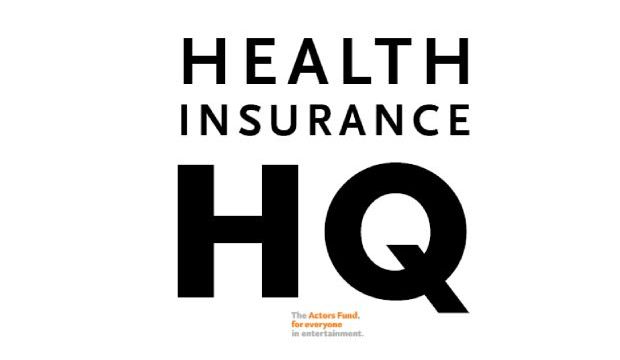Health Insurance HQ distills the current political activity around health care into a brief, monthly educational update to help you become a more active consumer and citizen. Our experts in the field and others in our community are here to provide you with plenty of handy resources to help you use your voice and your vote to make a difference.
Dear Friends,
January started off with some good news—the Child Health Insurance Program (CHIP), which insures millions of children across the country, received full funding for another 6 years (although the conditions of its funding were, to many people, problematic.) Parents with kids on CHIP can breathe a sigh of relief as a result of bipartisan efforts spearheaded Sen. Orrin Hatch (R-UT).
However, a new challenge has appeared for people covered by Medicaid (which is, currently, about 68 million people) in January, the administration announced that it would test a work requirement as a condition for receiving it. A majority of Americans, including some on Medicaid, say they support these requirements. So why would this be a problem?
There are two reasons: the first philosophical and the second practical. First, Medicaid was created to promote health, not work. There is a moral objection to conditioning healthcare based on economic activity. The Medicaid work requirement is based on the welfare work requirements of the 1990s, but the welfare program was always about income. And yes, there are several categories that are exempt from the work requirements, including children (who make up half of those insured by Medicaid), the elderly and those in nursing homes (who account for the majority of the cost of Medicaid), disabled people, sole caregivers of young children, and those currently in drug treatment. But an assumption has been made that people insured under Medicaid are lazy; rather than it being a safety net, it is seen as "a way of life", according to a Trump administration official. In truth, most able-bodied adults on Medicaid already work. And trust me, you can't buy a rousing night on the town with your Medicaid card, nor can you pay the rent. What you can do is take care of your health.
Second, it would be an administrative nightmare that could negatively impact the performing arts community in particular. The administration advised states to make work requirements for Medicaid similar to those used with the food stamp program, or SNAP. Looking at those requirements, it's likely someone on Medicaid would be required to work at least 20 hours per week, or earn 20 times the hourly minimum wage per week.
Now, we know that those in the performing arts and entertainment have high rates of self-employment and sporadic work, which the public benefits system has a very hard time with. Many people may not meet those guidelines at the time they apply or renew because of the fluctuating nature of work in the industry. Indeed, some who are eligible based on their annual income may not work at all for some months, and work every day for others. The system would likely not be designed to take this into consideration. As a Navigator, I currently help our members enroll in Medicaid and I know how hard it can be to get the state to accurately tally sporadic or self-employed income. There are only a limited number of documents it will accept as proof of self-employment and, for example, a work contract is not one of them. Thus, people who are eligible may either lose their coverage, or be deterred from applying.
In addition, adding the work requirement—or proof that you have participated in "community engagement activities" like looking for a job, going to school, or volunteering—increases administrative expenses (someone has to review all that paperwork and make sure you remain in compliance!) and burdens systems that are already overloaded, leading to increased administrative costs.
Kentucky is the first state to have this approved, and will likely roll out their work requirements this summer. States that have already filed applications include Arizona, Arkansas, Indiana, Kansas, Maine, New Hampshire, North Carolina, Utah and Wisconsin; others will follow. If you have a problem with this, let your state and federal elected officials know that both philosophically and practically, the work requirements are a bad idea. They will likely lead to fewer people being insured through Medicaid—which may, in fact, be the point. But the unintended consequences of higher program costs and poorer health outcomes are surely not the direction anyone wants to go in.
Yours in good health,

Renata Marinaro
National Director of Health Services at The Actors Fund
Do you work in performing arts and entertainment and have questions about health insurance? The Actors Fund provides assistance nationally. Contact our regional office closest to you to speak to a counselor.
New York City
917.281.5975
Los Angeles
855.491.3357
Don’t forget to use the resources section of our website. It contains tools to help you make decisions about your health insurance, including new online tutorials on how to choose providers and how to read an Explanation of Benefits. In addition, you’ll find an updated Stage Managers National Health Directory, our national online directory of health care providers recommended by industry professionals that can be used by theaters and touring companies. For these resources and more, visit actorsfund.org/HealthServices. You can also find out more about enrollment assistance and upcoming health insurance seminars near you!
Photo © Kimberly M. Wang / eardog.com
